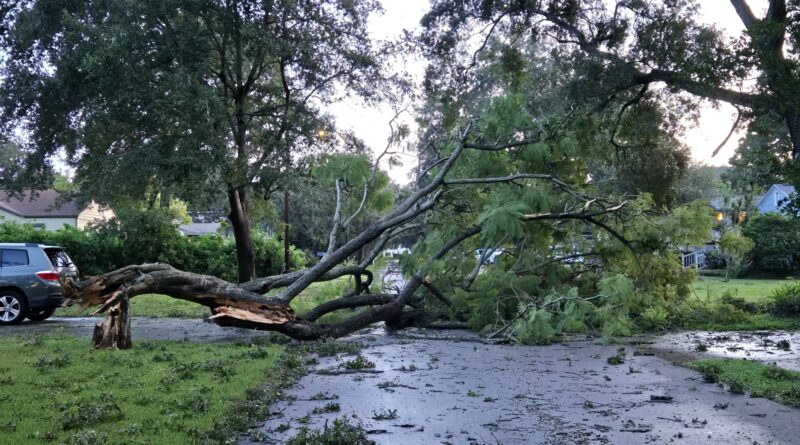Journaling has been with me, on and off, for nearly forty-five years. On some days, the entries were little more than chores and frustrations. On other days, they carried the weight of loss, joy, or change. Whatever the tone, the act itself has always mattered. To pause, to write, to take stock is how I come to see myself more clearly. Marcus Aurelius did the same. His Meditations were not written for us, but for himself. They were reminders, small reckonings. Nearly two thousand years later, they are still read because the practice of setting words against the day is timeless.
In our age, the tools are different. My notebooks have become apps, and now even conversations with ChatGPT. Yet the heart of it is unchanged. To journal is to notice: gratitude, struggle, hope. To admit when I’ve fallen short. To celebrate when I’ve grown. Others across history, such as Augustine, Montaigne, Thoreau, Anne Frank, and Virginia Woolf, all wrote for themselves first, and their private pages later guided generations. We may never write for the world, but the habit still shapes us. Journaling is not about being profound. It is about being honest. And honesty, practiced day by day, is the soil of wisdom.
Read more











